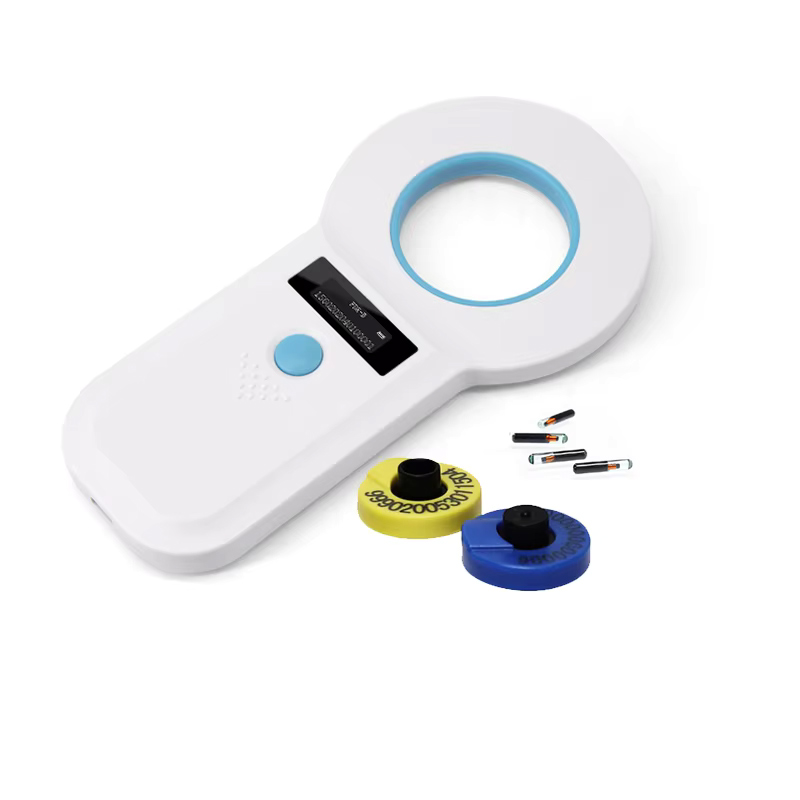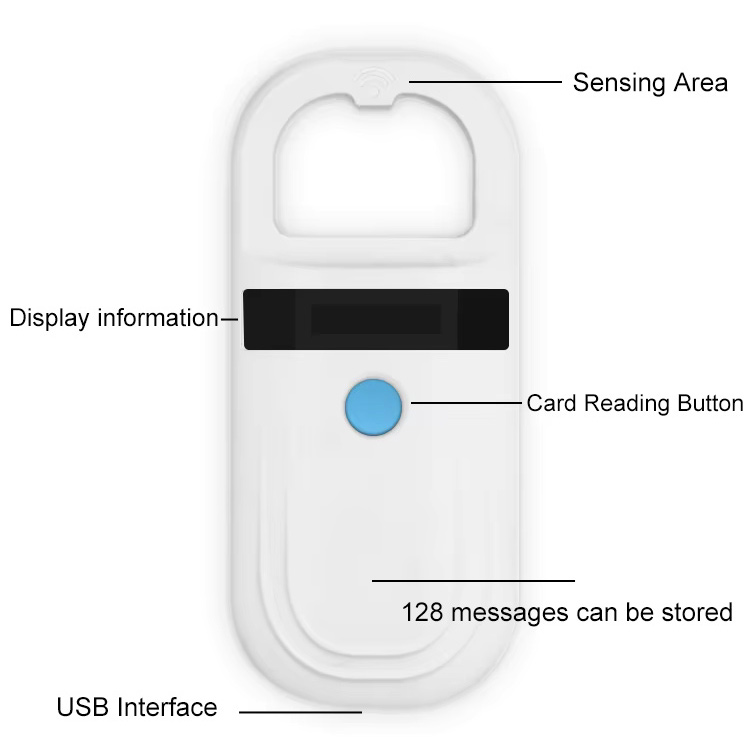
Title: The Application of Radio Frequency Identification (RFID) Technology in Agriculture: Efficiency, Precision and Prevention
Abstract:
Radio frequency identification technology is a powerful tool that can significantly enhance the efficiency, precision, disease prevention capabilities, and cost reduction in agricultural operations. This document explores how RFID technology can streamline animal management processes by automating data collection and analysis, providing real-time insights into animal health, and reducing reliance on manual labor.
Keywords: Radio Frequency Identification (RFID), Agriculture, Animal Management, Efficiency, Precision, Disease Prevention, Cost Reduction
Introduction:
The application of Radio Frequency Identification (RFID) technology in agriculture has revolutionized the way livestock are managed. By leveraging this technology, farmers can automate various tasks such as feeding, watering, weighing, and tracking animals' movements, thereby improving operational efficiency.
Efficiency Enhancement:
One of the key advantages of RFID technology in agriculture is its ability to automate data collection and analysis. Farmers can now track their animals' activities, including feeding, drinking, and movement within the farm, without relying on manual records. This not only saves time but also allows for more efficient planning and decision-making.
Precision Improvement:
Traditional methods of recording farming data often result in errors due to human error. However, with RFID technology, farmers have access to accurate and timely information, enabling them to make informed decisions. For instance, analyzing RFID data enables precise monitoring of animal feed intake and activity levels, which can be used to optimize feeding strategies.
Disease Prevention:
RFID technology plays an essential role in disease prevention by allowing farmers to monitor their animals' health status in real-time. Any abnormalities can be detected promptly, minimizing the spread of diseases. Additionally, it provides valuable insights into animal growth patterns, facilitating early detection of potential health issues.
Cost Reduction:
With the widespread adoption of RFID technology, many manual tasks previously performed by humans can now be automated, resulting in significant cost savings.


